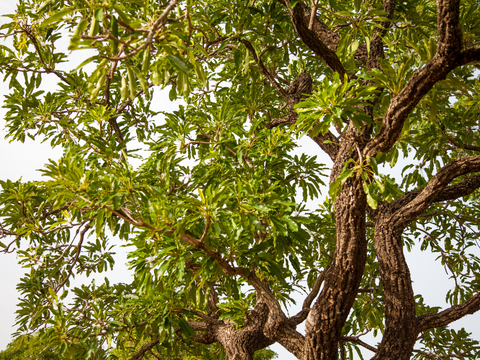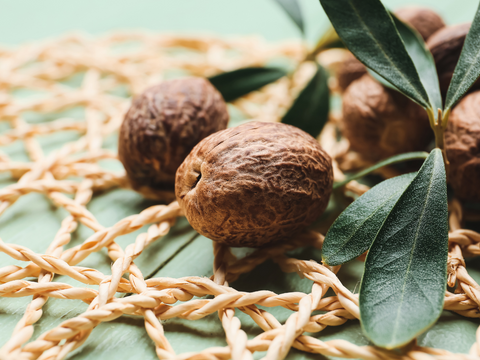Shea butter is a popular ingredient in many beauty and skincare products, renowned for its moisturizing, nourishing, and healing properties.

This natural ingredient is derived from the nuts of the shea tree, which is native to Africa and is an important source of income for many rural communities. However, the increasing demand for shea butter has led to concerns about the ethical sourcing and production of this valuable commodity.
In this blog post, we will explore why it is important to source shea butter ethically, and what steps can be taken to ensure that this is done.
Community

Ethical sourcing of shea butter is important to support the livelihoods of the communities that depend on it. Shea butter is often produced by women in rural areas of Africa, who rely on this income to support themselves and their families. However, there are concerns that the increasing demand for shea butter could lead to exploitative practices, such as underpayment, unsafe working conditions, and child labor. By sourcing shea butter ethically, we can help to ensure that the people who produce it are paid fairly, work in safe conditions, and are not subject to exploitation.
Sustainability

Ethical sourcing of shea butter is important to support sustainable practices. The shea tree is an important part of the ecosystem in many African countries, providing shade, shelter, and food for a wide range of wildlife. However, unsustainable harvesting practices, such as clear-cutting or over-harvesting, can lead to the degradation of the environment and the loss of biodiversity. By sourcing shea butter from producers who use sustainable harvesting practices, we can help to protect the environment and ensure that the shea tree continues to provide benefits to the ecosystem.
Quality and Safety

Ethical sourcing of shea butter is important to support quality and safety. Shea butter is often produced in small batches by local communities, using traditional methods that have been passed down through generations. However, there are concerns that some producers may cut corners to meet demand, resulting in lower quality or unsafe products. By sourcing shea butter from reputable producers who follow good manufacturing practices, we can help to ensure that the shea butter we use is of the highest quality and is safe for use in cosmetics and skincare products.

Shopping Ethically is easy as 1,2,3!
So, what steps can be taken to ensure that shea butter is sourced ethically? It is important to research the companies that produce the shea butter that you use.
1. Look for companies that commit to ethical sourcing, and who work closely with the communities that produce the shea butter. Many companies will have information about their sourcing practices on their websites, so take the time to read this information and ensure that you are comfortable with the practices that are being used.
2. We should also consider supporting companies that have certification from organizations such as Fairtrade or the Roundtable on Sustainable Palm Oil (RSPO). These organizations have established standards for ethical sourcing and production, and companies that are certified by them have undergone rigorous audits to ensure that they are meeting these standards.
3. Another option is to purchase shea butter directly from producers or cooperatives in Africa. By doing so, you can help to ensure that the people who produce the shea butter receive a fair price for their work and that the money you spend goes directly to the people who need it most.

In conclusion, sourcing shea butter ethically is important to support the livelihoods of the communities that produce it, to promote sustainable practices, and to ensure that the products we use are of the highest quality and safety. By taking the time to research the companies that produce the shea butter we use, supporting certification schemes, and purchasing directly from producers or cooperatives, we can help to ensure that the shea butter we use is produced ethically and sustainably.




